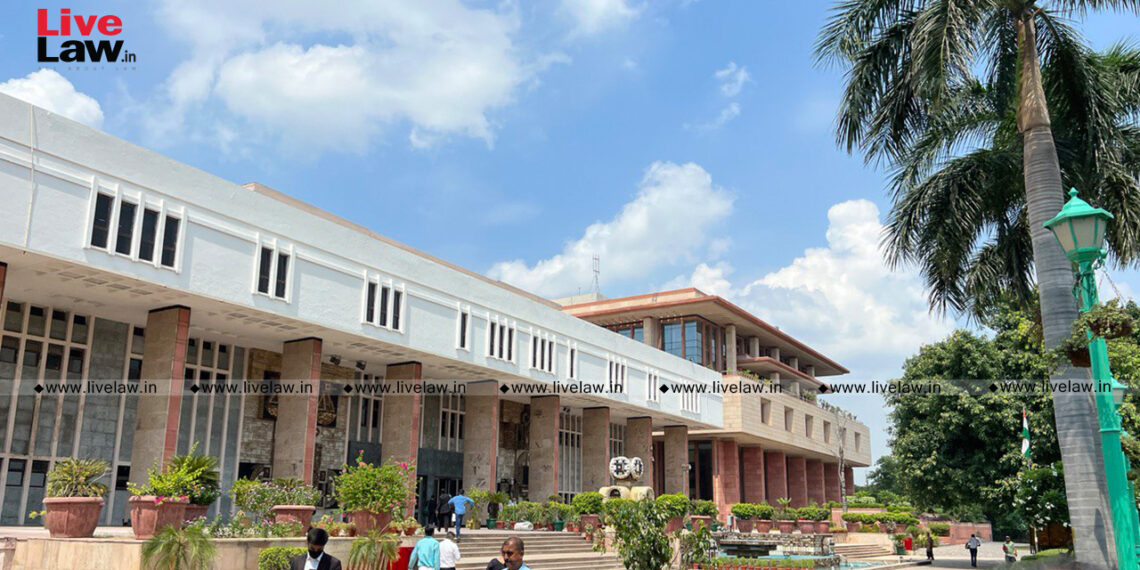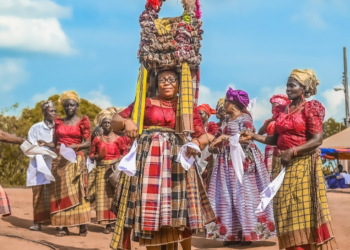The Delhi High Court has held that the use of trademarks incidental to advertisement or publicity was held as neither royalty nor fees for technical services (FTS) but as business income.
The bench of Justice Vibhu Bakhru and Justice Amit Mahajan has observed that merely because the extensive services rendered by the assessee in terms of the Strategic Oversight Services Agreements (SOSA) also included access to written knowledge, processes, and commercial information in furtherance of the services, this cannot lead to the conclusion that the fee received by the assessee was in the nature of royalty as defined under Article 12 of the DTAA.
The appellant/assessee entered into Strategic Oversight Services Agreements (SOSA) with Asian Hotels. In terms of the SOSA, the assessee agreed to provide strategic planning services and “know-how” to ensure that the hotel is developed and operated as an efficient and high-quality international full-service hotel.
According to the assessee, its income was not taxable as there was no specific article under the DTAA for taxing fees for technical services. The assessee claimed that it had no fixed place of business, office, or branch in India. The presence of the assessee’s employees in India during the relevant previous year did not exceed the specified time of nine months under Article 5(2) of the DTAA. Therefore, the assessee did not have the ‘Permanent Establishment’ (PE) in India as contemplated under Article 5 of the DTAA. The assessee claimed that its business income was not taxable under Article 7 of the DTAA as well.
The assessee filed a nil return of income, claiming that there is no specific article in the India-UAE DTAA for taxing fees for technical services.
The department held that the assessee was “actually operating the hotels belonging to the owners in each and every manner.” The assessee’s activities constituted business connections under Section 9(1)(i), PE under Article 5 of the DTAA, royalties and FTS under Section 9(1)(vi)/(vii), and royalties under Article 12 of the DTAA. It was alleged the assessee was providing Central Reservation System (CRS) services, which also constituted a fixed place of business.
The department computed the tax payable at 10% of the gross receipts. Royalties and FTS relatable to the PE were taxed on a net basis in accordance with Article 7 of the DTAA and Section 44 DA. Assuming that the assessee’s net profit would be 25% of the receipts, the tax was payable at 10% of the gross receipts. The draft order was upheld by the DRP.
The Tribunal concluded that the SOSA not only provided the assessee with an unrestricted right to access the hotel premises but also complete control over such premises. The Tribunal accepted that, in view of the length and duration of the use by the assessee and the non-invasive activities being carried out from the hotel, the assessee had a certain amount of physical space at its disposal in the form of the hotel premises.
The court held that the fee received was not for technical services but in consideration for a wide range of services. Since the assessee is in the business of providing services for the management of hotels, the income is required to be classified as income from the business.
Counsel For Appellant: S. Ganesh
Counsel For Respondent: Sanjay Kumar
Case Title: Hyatt International-Southwest Asia Ltd. Versus Additional Director Of Income Tax
Case No.: ITA 216/2020 & CM Nos. 32641/2020, 32643/2020 & 56179/2022





